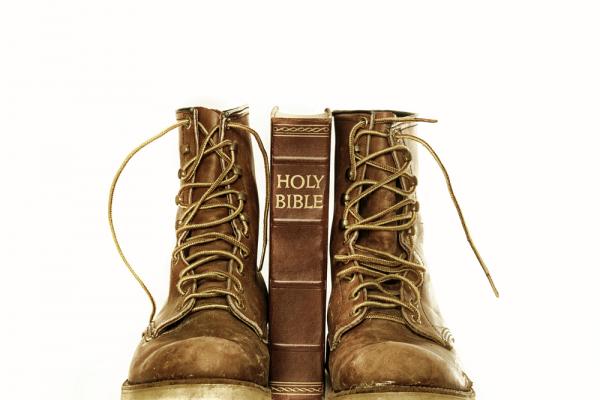Jun 12, 2015
The work of the prophet is to stand as an advocate for others. The advocate role is an important role in the ministry of justice. Many American Christians hold a position of privilege in American society. As the privileged, there is an important voice that can be raised on behalf of the marginalized. American Christians can advocate for the rights of the unborn, the poor, and the oppressed of our society. Part of our strength would not be to effect change that would further our privilege and affluence, but to advocate for change that would benefit the very least of our brothers and sisters. The role of the geber is to advocate for the suffering in Jerusalem and offer a lament on behalf of the suffering.
Read the Full Article

Already a subscriber? Login
